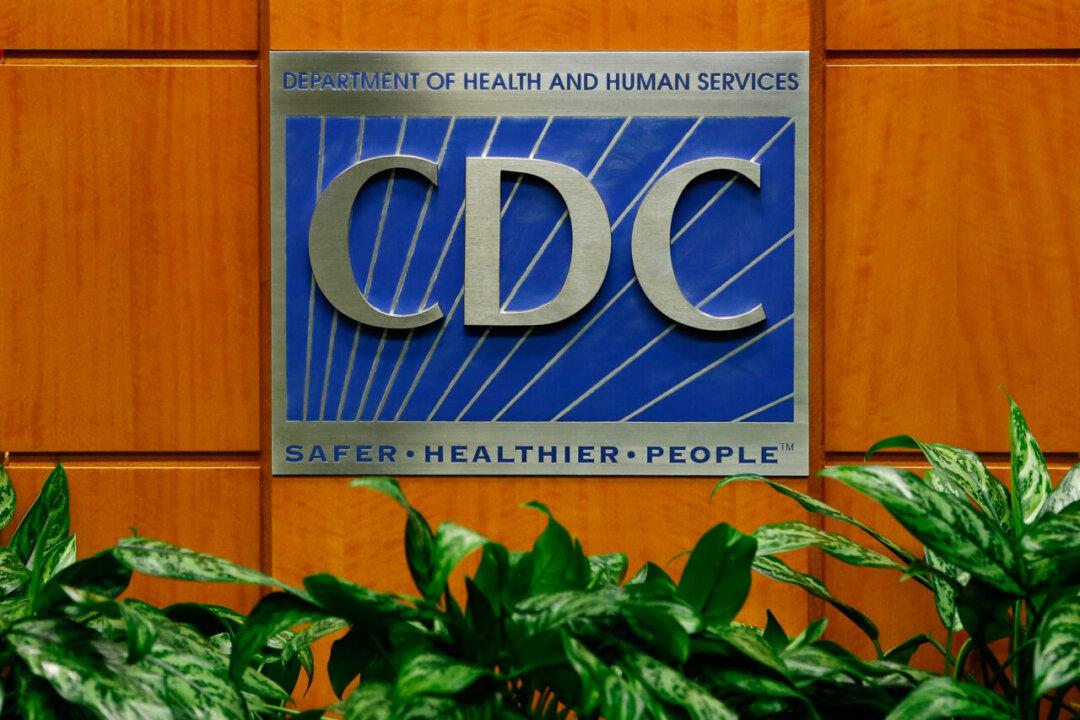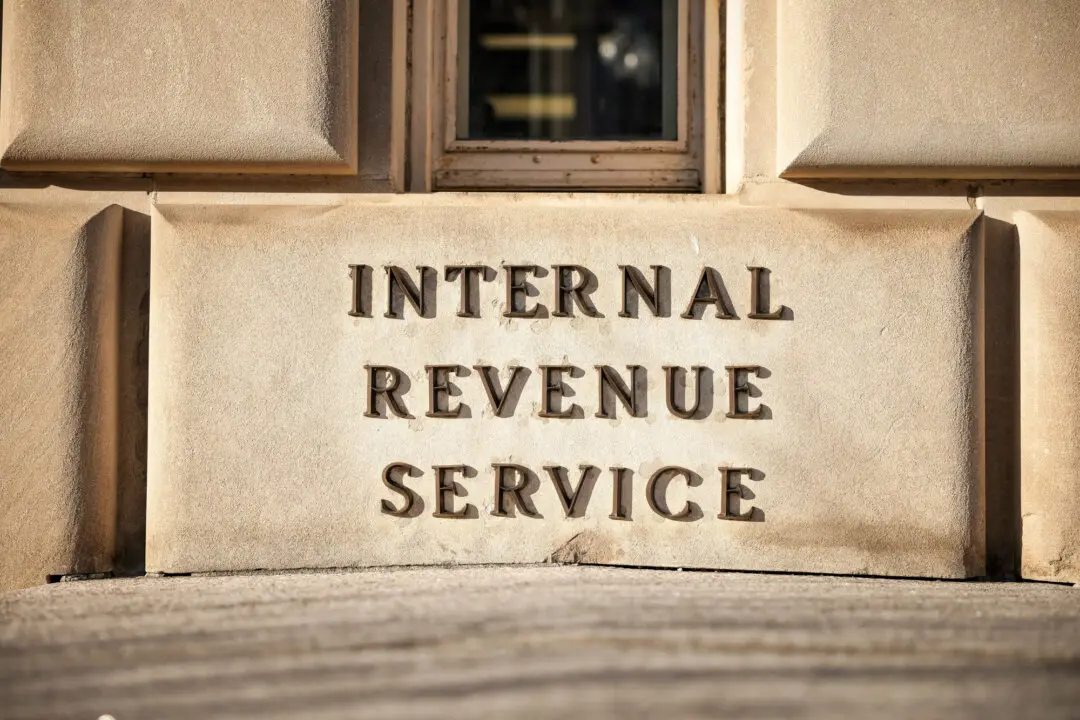Commentary
In the face of the coronavirus pandemic, everyone should read Robert Higgs’ economic classic “Crisis and Leviathan.” The critical warning of this masterpiece is that government always uses a crisis—from the Civil War to the Great Depression to World War II—to expand power, not only during the emergency but also afterward. Emergencies tend to ratchet up the cost and power of government permanently.





